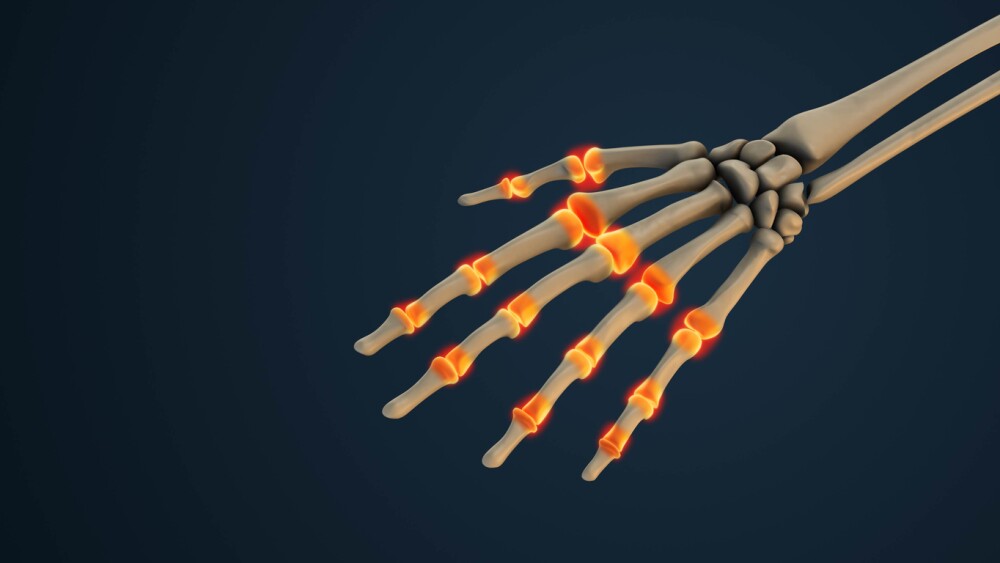Along the way to developing technology for bio-engineering human livers, kidneys, and other vital organs, Organovo CEO Keith Murphy says the San Diego startup realized its 3-D bio-printing technology could be used to address a huge unmet need more immediately. As Murphy explained 18 months ago, Big Pharma companies have been searching for better and more accurate ways to test their experimental drug compounds in the laboratory. But there are limits to predicting clinical outcomes from tests that use lab animals or cancer cell lines. So Organovo, with bio-printer technology that lays down a pattern of cultured cells, began to supply customers like Pfizer (NYSE: PFE) with 3-D samples of cells that look and act more like real human tissue. Now the six-year-old startup is taking this line of business in a new direction. Organovo is today announcing a partnership with the Knight Cancer Institute at the Oregon Health & Science University (OHSU) in Portland, OR, to make 3-D human tissue samples even more accurate in terms of assessing drug candidates during pre-clinical development. A statement from the partners quotes Joe W. Gray, director of OHSU’s Center for Spatial Systems Biomedicine, saying, “Using Organovo’s bioprinting technologies, we plan to create new models to understand cancer disease mechanisms and metastatic progression, which can be used to discover and test new targeted therapies.” Organovo’s bio-printer operates much like an inkjet printer. The company showed in late 2010 it could grow bio-engineered blood vessels by “printing” cultured human cells in rings, layer upon layer, supported by a jello-like hydrogel so the cells could fuse into a 3-D, tunnel-like structure. Now Oranovo and OHSU plan to use the same technology to create 3-D tissue samples so each cell can interact with adjoining cells, so they react to drug compounds much as they would in the body.




